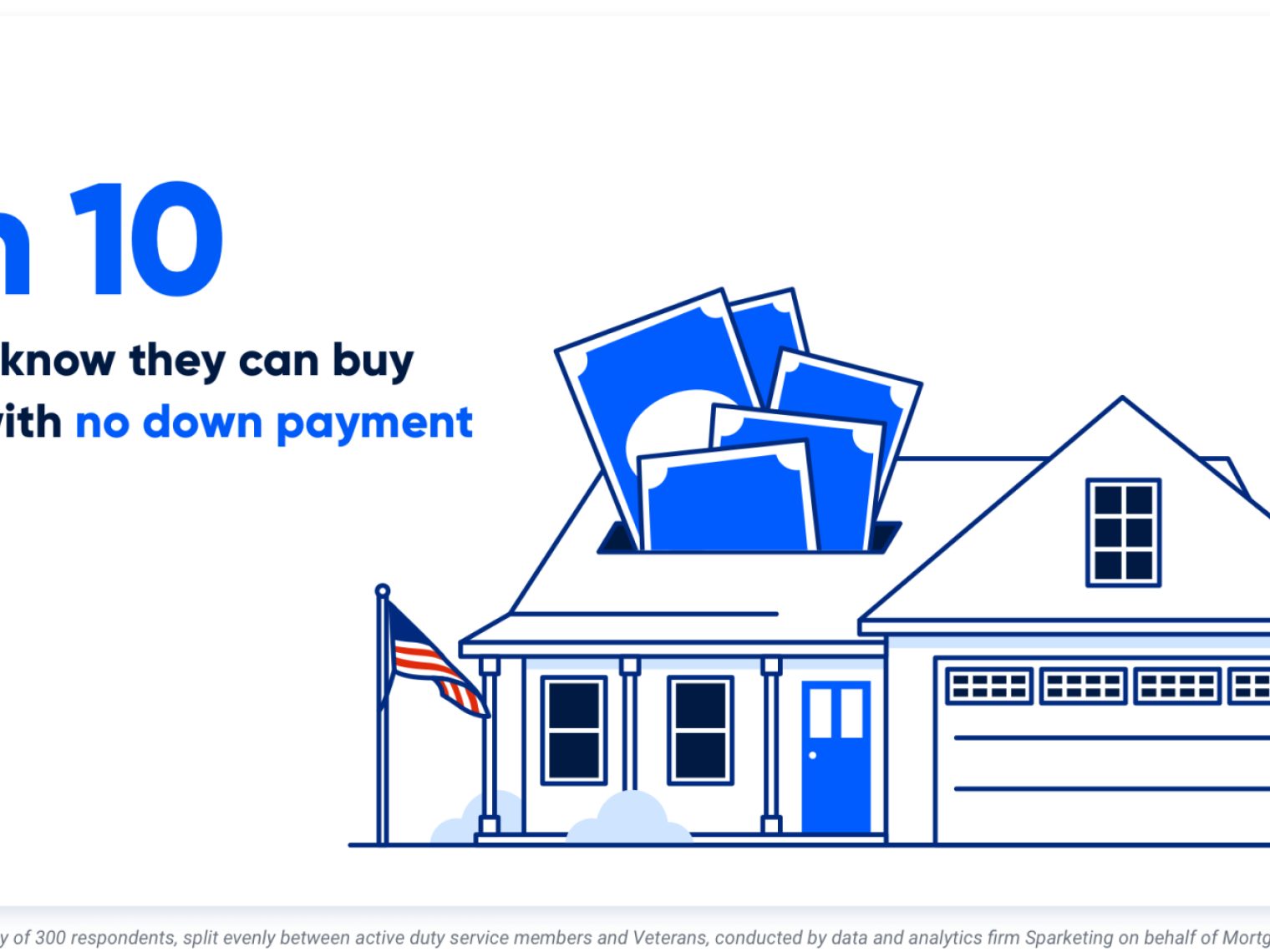The VA pays special attention to private water sources and you should, too. They aren't regulated by the federal government so the VA created specific criteria these water sources must meet in order to be deemed safe.
Wells are one of the most common private water sources, but depending on your location you may also encounter springs, cisterns or rainwater catchment systems in use.
Private Wells
If your buyer goes under contract on a property with a well water connection you'll have to take a few additional steps.
First, keep in mind that connection to a public or community water system is required when mandated by local authorities. Conduct your due diligence and ask the seller's agent and local authorities if connection to a public system is required.
Second, a well water test will likely be required by the lender to demonstrate the water is safe for drinking. The water quality must meet the requirements of the health authority having jurisdiction, or the Environmental Protection Agency (EPA) if no specific requirements are outlined by a local or state authority. At a minimum have the water tested for nitrate, nitrite, lead, e. coli, bacterium and arsenic.
Have the water tested by a company that is state licensed to do the testing with a preference for the local health authority. The water sample must be collected by an uninterested third party and delivered to the testing facility.
Document the collection site. To play it safe, request that the sample come from the kitchen sink, and not from outside the home.
Third, review the well test to determine if all levels of contaminants are acceptable. If there's a contaminant present in higher than acceptable levels, the well must be treated. After treatment a clear well test must be provided meeting the same standards outlined above.
Policies can vary, but homes with water filtration systems can be acceptable to lenders.
It's important to note here that requirements may be different when dealing with a community well.
Springs or Cisterns
These type of private water systems are only permitted for VA loans when they are customary and the only feasible means of water supply. They must be installed pursuant to the recommendations of the local health authority or federal authorities if no local stance is taken. Your buyer will also need to provide a written acknowledgement of the water source.
Consult with your buyer's lender to determine if they have any additional requirements when dealing with this type of water source before making an offer.
Rainwater Catchment Systems
A buyer wanting to purchase a home with a rainwater catchment system will have difficulty using their VA loan benefits for the property unless it's located in Hawaii. Until recently this water source was not permitted on VA-backed loans. But with a 2014 circular from the VA, all that changed for residents of Hawaii.
If you're a real estate agent in Hawaii, here's a few things to keep in mind:
First you'll need to have the water tested for acceptable levels of contaminants including turbidity, e. coli, lead and copper. Lenders are responsible for ordering the water test, which must be conducted by a laboratory acceptable to the Department of Health. Just like with other water samples, it must be collected by an uninterested third party. Either party may pay for the cost of the test. If your buyer is short on cash, attempt to negotiate for the seller to pay this cost.
Second, the lender must provide the buyer a printed copy of the Guidelines on Rainwater Catchment Systems for Hawaii. They'll also have to sign a written acknowledgement stating they received the guidelines.
Take Action
If your buyer wants to put an offer on a home with a private water source, take a few moments to discuss the specifics of the property with their lender. By doing so, you'll be prepared for additional steps necessary during the loan process. You'll also have the opportunity to establish expectations with your buyer and the seller from the beginning of the transaction instead of surprising them with it later, making you appear better prepared.
If you have additional questions, please don't hesitate to email me at education@vu.com.
Related Posts
-
 VA Loan Down Payment RequirementsVA loans have no down payment requirements as long as the Veteran has full entitlement, but only 3-in-10 Veterans know they can buy a home loan with zero down payment. Here’s what Veterans need to know about VA loan down payment requirements.
VA Loan Down Payment RequirementsVA loans have no down payment requirements as long as the Veteran has full entitlement, but only 3-in-10 Veterans know they can buy a home loan with zero down payment. Here’s what Veterans need to know about VA loan down payment requirements. -
 5 Most Common VA Loan Myths BustedVA loan myths confuse and deter many VA loan borrowers. Here we debunk 5 of the most common VA loan myths so that you can borrow with confidence.
5 Most Common VA Loan Myths BustedVA loan myths confuse and deter many VA loan borrowers. Here we debunk 5 of the most common VA loan myths so that you can borrow with confidence.

